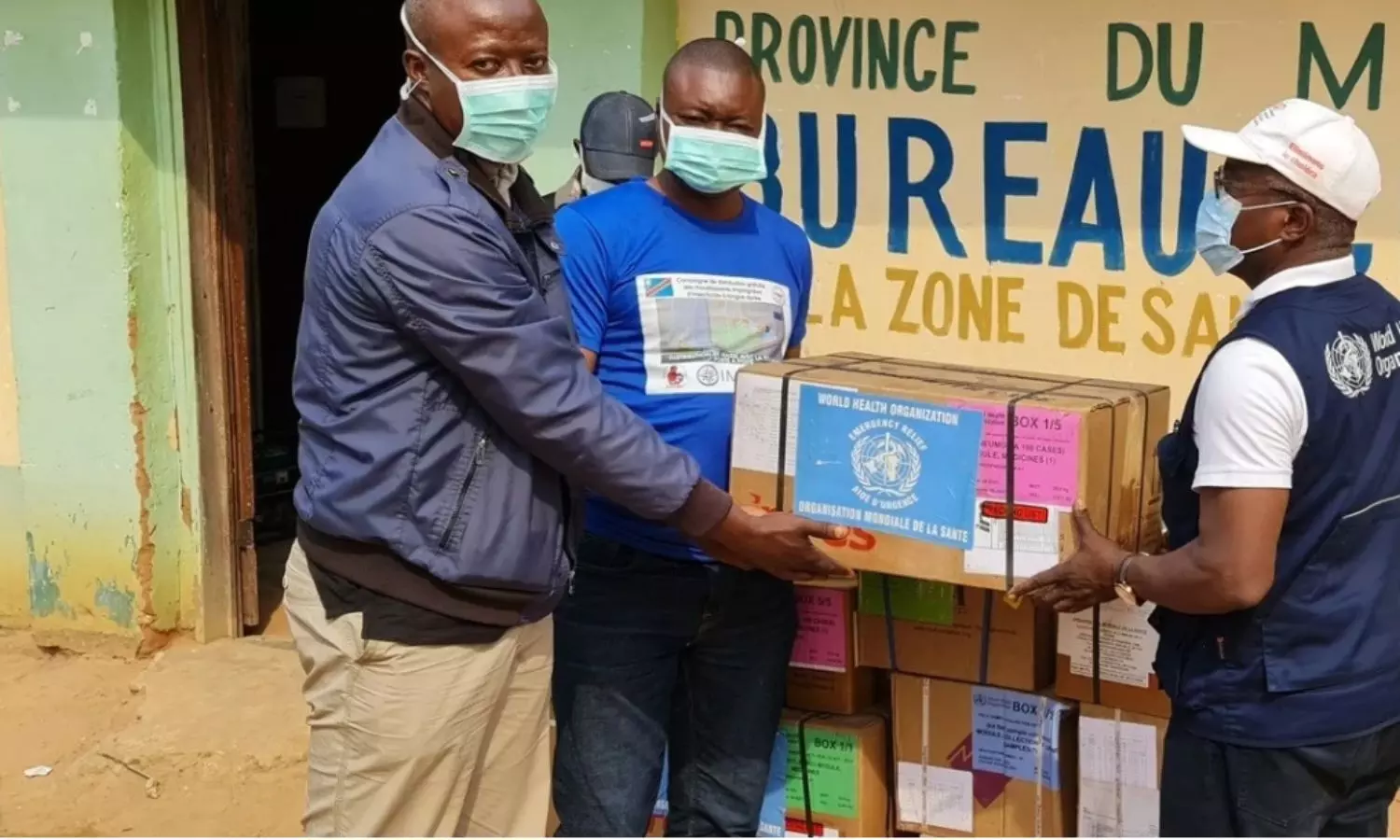Hyderabad on High Alert: Key Information on Mpox Symptoms, Variants, and Precautions
A large number of Africans live in Hyderabad as they arrive here to pursue higher studies.
WHO Director-General declares mpox outbreak a public health emergency of international concern.

On Thursday, WHO Director-General Dr. Tedros Adhanom Ghebreyesus declared mpox a public health emergency of international concern (PHEIC) under the International Health Regulations (2005) (IHR).
Since the declaration, India, and particularly Hyderabad, has been on high alert. So it is imperative to be aware of mpox.
A large number of Africans live in Hyderabad as they arrive to pursue higher studies. Additionally, with the city emerging as a medical hub, many people visit Hyderabad to receive better treatment at an affordable cost.
The emergence and rapid spread of a new mpox clade in eastern DRC, along with cases in neighboring countries, is alarming.
With ongoing outbreaks of other mpox clades in Africa, a coordinated international response is crucial to controlling the situation and saving lives, said WHO Director-General Dr. Tedros Adhanom Ghebreyesus.
Here’s what you need to know about mpox:
Mpox is a viral illness akin to smallpox, though it is generally less severe. The virus was initially identified in 1958 when laboratory monkeys exhibited symptoms resembling smallpox.
The first documented case in humans occurred in 1970 in the Democratic Republic of Congo. Currently, mpox is prevalent in various countries throughout Central and West Africa.
In Africa two variants are available,
Clade I: Severe Variant
Endemic in Africa
Mortality rate of 10%
Clade II: Less Severe Variant
Also endemic in Africa
Fatality rate of 0.1%
Mpox gets infected only when a person gets into direct contact with an infected person.
Symptoms include swollen lymph nodes, fever, headaches, body aches, and severe weakness, with a skin rash typically developing 1-3 days after the fever starts. Individuals with an unexplained acute rash should see a doctor.

